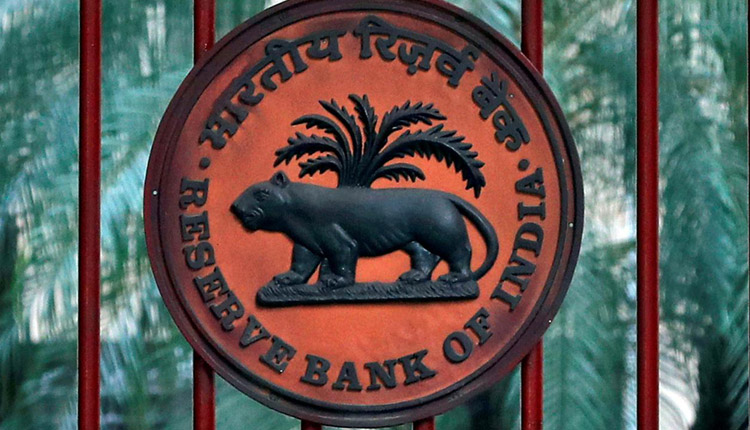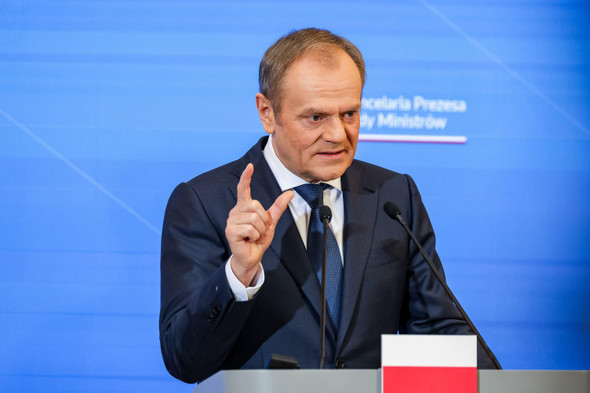Vatican's View on Trump's Leadership Challenges
Explore the Vatican's concerns and hopes for Donald Trump's leadership, especially regarding international conflicts and migration policies amid his return to power.
Published November 08, 2024 - 00:11am

Image recovered from europapress.es
Following Donald Trump's recent electoral victory and subsequent return to the political forefront, the Vatican, through its Secretary of State Cardinal Pietro Parolin, has expressed a mixture of cautious optimism and pragmatic wisdom. They extended congratulations to Trump, wishing him the key virtue of 'wisdom,' as defined by biblical standards. The Vatican's reaction, captured across various media outlets, underscores the complex interplay between Trump's declared policies and the global Church's humanitarian focus.
At a diplomatic event in the Pontifical Gregorian University in Rome, Cardinal Parolin articulated well-considered reflections on Trump's capabilities to terminate ongoing international conflicts. Parolin remarked that not even Trump possesses a 'magic wand' to swiftly achieve such aspirations, emphasizing instead the need for humility and a fundamental reorientation towards humanity's broader interests over individual national gains.
This sentiment was echoed as a broader desire for Trump to transcend the prevailing polarizations within American society. Highlighting the fragmentation that has deeply characterized recent political landscapes, Parolin emphasized the necessity for Trump to govern inclusively as a unifying national leader.
The cardinal's remarks came amid Trump's repeated campaign promises to end wars, including a bold pledge to resolve the war in Ukraine within 24 hours. However, the Vatican's narrative remains one of cautious skepticism blended with hope. They continue urging a move away from divisive policies towards a more reconciliative approach that prioritizes global peace efforts.
One of the most acutely observed aspects of Trump's first presidency was his stance on immigration, a subject underscored again by Parolin. Amid discussions of potential mass deportations of undocumented immigrants, particularly Latino populations, Parolin reaffirmed the Vatican's stance on immigration as inherently humane and prudent. He warned against policies that amplify division and called for engagement with this issue through compassion and realism.
Parolin also addressed ongoing diplomatic relations between the Vatican and the United States, recognizing areas of both convergence and divergence. While appreciating joint commitments, such as the defense of life, Parolin called for continuous dialogue aimed at fostering consensus and supporting global peace initiatives.
This call to dialogue extends beyond the US, as seen in Parolin's reflections on the Vatican's dealings with China. Here, diplomacy proceeds cautiously but steadily as the Vatican nurtures its ecclesial interests in the region, just one example of its broader commitment to worldwide diplomatic engagement.
In a context marked by worldwide political turbulence, the Vatican's voice represents a stabilizing call for moral and ethical governance. It places emphasis on wisdom, dialogue, and peace, ideals that challenge leaders like Trump to rise above partisan divides and seek common ground even amidst criticism from figures as high-ranking as Pope Francis himself.
The Pope previously voiced concern regarding both Trump and his electoral opponent Kamala Harris, critiquing what he perceived as actions against life principles. This critique embodies the Church's broader stand on aligning governance with inherently life-affirming values, extending well beyond simple political affiliations.
As the world watches Trump's next political chapter unfold, the Vatican's insights become critically salient—offering a moral compass against which political actions may be scrutinized and guided, urging an administration to root itself in wisdom that transcends ideological confines.







